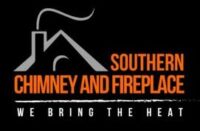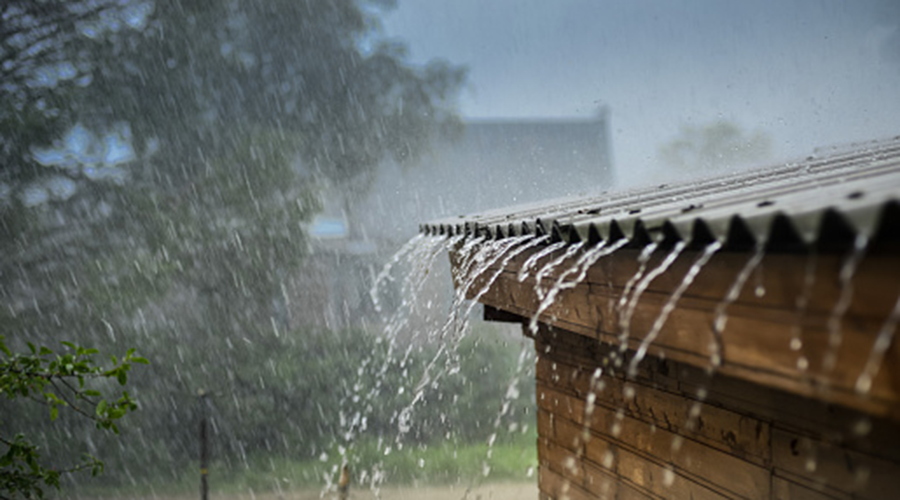We are looking forward to warmer weather, spring cleaning, fresh scenery, and the occasional rain shower to cleanse the pollen off our car. With all the activity going on, the last thing we think about doing is starting a fire in 75-degree weather. You have already had your flue swept, and it will lay dormant until crisp autumn mornings return. However, with the rain, comes the threat of water damage to your home. Here we have explained, “How With Spring Rain Comes A Leaky Chimney?”
For most, a leaky chimney is a pesky inconvenience. Many think little of the consequences of a seemingly small issue. Interior damage, mold, mildew, and the compromise of structural integrity are only a few side effects of having a leak. While many people consult with a roofer, we specialize in leaky chimneys. Mortar and bricks are porous materials that absorb water, and as the seasons change, these materials expand and contract. This causes your chimney to crack and deteriorate as time passes on.
Reasons: How With Spring Rain Comes A Leaky Chimney?
CHIMNEY CAP
A common reason for chimney leaks is as simple as not having a chimney cap. A chimney cap will protect your flue from water penetration. The benefits of chimney caps outweigh the cost, as a cap will also keep out animals and debris. Therefore, it may be in your best interest to have a professional evaluation for what size would best fit your chimney.
CRACKS
Another common issue for leaks are cracks in the chimney crown. This is the top cement portion of your chimney. While a cap is useful for keeping rain and debris out of your flue, the crown exists to protect your unit from inclement weather. With these cracks, water can seep through and drip down into your fireplace. Sometimes, these cracks are small and seem harmless. However, they need to be repaired with a specialized formula used to bind masonry and prevent cracks from growing and causing more damage.
FLASHING
Chimney flashing is what prevents water from penetrating the space where the brick structure meets the roof. If it isn’t properly sealed, this is an easy target for water to drain through the hole and into your home. We find it best that this be repaired or restored with a flash seal and metal, which allows a tighter and more effective method against water penetration. Many make the mistake of using “tar”, once commonly used, despite better strategies for sealing flashing today.
FURTHER INSPECTION FOR A LEAKY CHIMNEY
These are just a few of many causes that can contribute to a leaky chimney. If you hear dripping, smell a foul odor, or spot water stains on your ceiling, call an experienced chimney sweep to inspect for repairs. Our NFI Trained Technicians here at Southern Chimney and Fireplace are available to do an inspection or answer any questions you have. Give us a call to schedule an appointment today!

